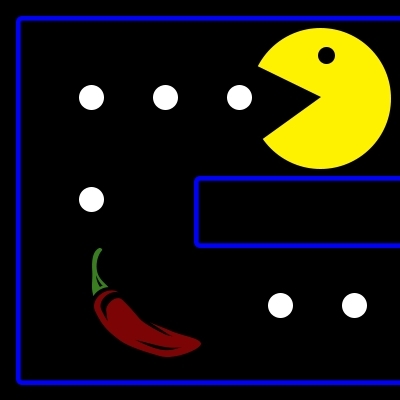If your organization is anything like the clients we work with, product knowledge is one of the most challenging corporate learning content areas to train. It changes constantly. It’s hard to remember. And for many roles, it has to be memorized. Sales and support reps simply don’t have time to find and locate the correct information; they must “know it cold.”“Click next” eLearning and instructor-led sessions miss the mark because they do not incorporate research-based strategies to engage learners and help them retain foundational knowledge. A growing body of research shows us that serious games can help solve both of these challenges.Can serious games solve all of product knowledge training’s problems? Of course not. For best results, incorporate games into a larger strategy that combines more “traditional” delivery methods with a game format.
4 Ways to Use Serious Games Specific To Product Knowledge Training
Not sure exactly how to add games to the mix? Here are four ideas specific to product knowledge training:
- Pick a solution, then make a “game within the game.”This case study actually comes from one of our customers. Mathias Vermeulen of Friesland Campina created two Knowledge Guru games, then sent out weekly emails with a fun “back story” to engage players. He even created a “mystery player” and challenged learners to beat this player’s high scores. (You can probably guess that Mathias himself was the mystery player!) A novel approach such as this will encourage repeated play within your serious game.
- Offer external rewardsAnother great case study comes from ExactTarget, a salesforce.com company. While using games for their product knowledge training, ExactTarget offered real-world rewards such as smart phones and gift cards to the top players. This type of approach makes game play even more rewarding and motivating.
- Use research-based learning principlesResearch-based approaches such as spaced repetition and feedback loops can help learners embed product knowledge in their long-term memories. This can be accomplished either through the overall design of your curriculum or within the serious game itself. A curriculum taking advantage of these principles will have multiple learning events, spaced out over time, presenting the content in a different context. A serious game should include “micro-spacings” and “macro-spacings” of the game’s content presented to learners through the game mechanics.
- Incorporate real-world scenarios Product knowledge should not exist in a vacuum. Always ask: “How will learners need to apply this knowledge on the job?” Scenario questions can add interest and relevance to a serious game, while custom-built serious games can take this a step further with additional features that reflect the real work environment.







